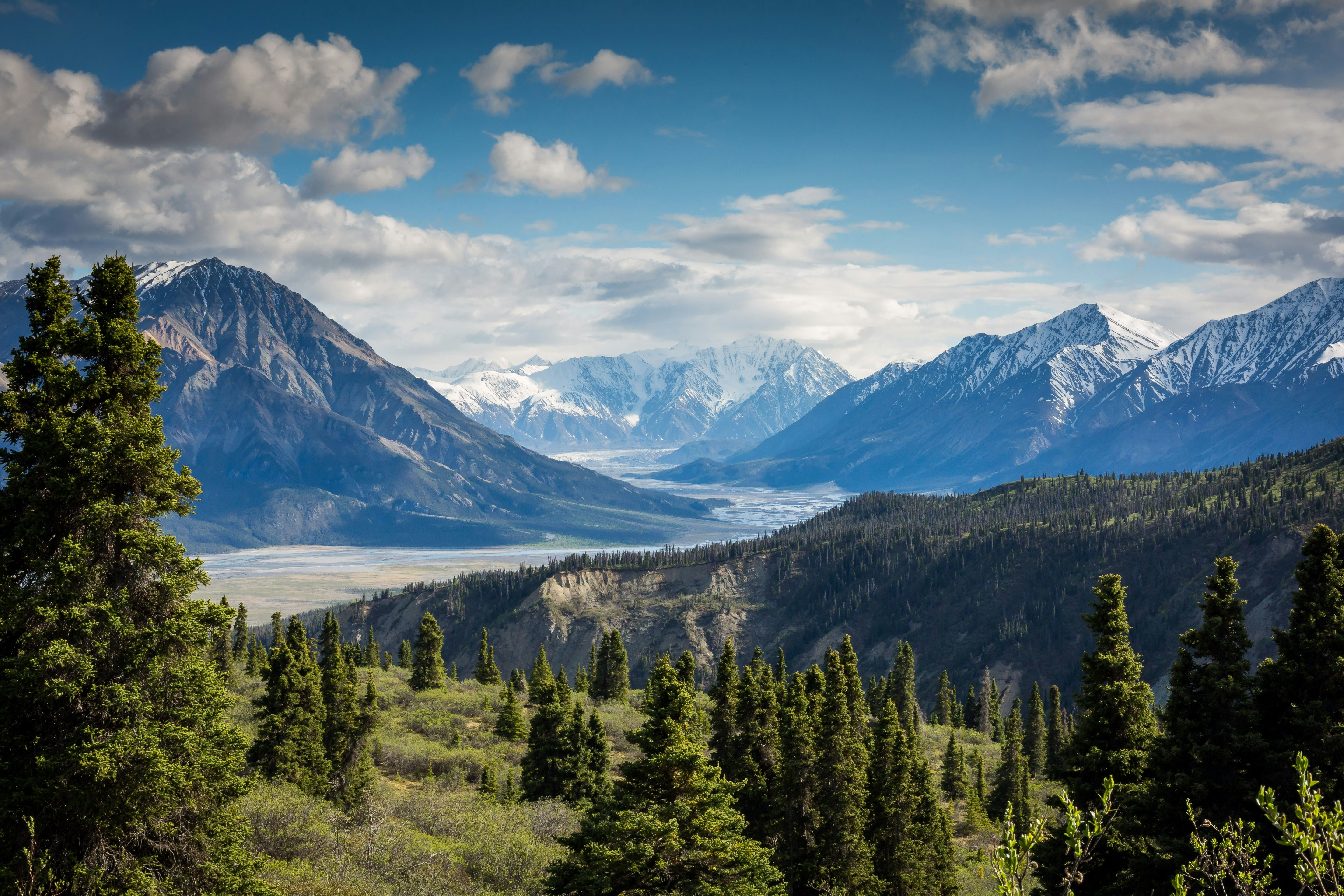Latin America's challenge to United States influence by means of the Bolivarian Revolution
Fresh Take:
Venezuela's Deputy Foreign Minister, Carlos Ron, oversees the Simón Bolívar Institute for Peace and Solidarity Amongst Peoples. In an interview with Zoe Alexandra from People's Dispatch, he addressed the political landscape of Venezuela, the resilience of Chavismo, and the opposition's foreign policy aspirations.
Read the conversation, now revised for clarity:
ZA: The US government attempts negotiations with Nicolas Maduro's administration, yet continues to recognize Juan Guaidó as the rightful president, creating a Catch-22. What's the far-right opposition's political project for Venezuela, and who do they represent?
CR: In early 2020, President Maduro presented a platform originating from public assemblies, focusing on seven transformations he planned to implement. The opposition's program, led by figures like Edmundo González, lacks transparency. If you analyze his proposals carefully, it's clear they aim to privatize Venezuela's oil industry—a crucial move in a world reliant on oil during wartime. The neoliberal fantasy they've peddled to people as a solution to problems didn't resonate with Venezuelans after decades of observing the benefits of social programs.
ZA: Can you discuss Bolivarian foreign policy and Venezuela's role in the region?
CR: The US government's opposition to Venezuela's foreign policy goes back to the year 2000, causing friction as President Chavez sought independence and self-reliance rather than depending on US agreements. Under Chavez, Venezuela helped revitalize OPEC, revalued oil prices, and promoted regional cooperation through trade agreements like Mercosur and the creation of institutions like UNASUR and ALBA. Petrocaribe, an agreement providing oil to neighboring countries at favorable prices, also emphasized solidarity and regional development.
ZA: What is chavismo and who does it represent?
CR: Chavismo, a multifaceted movement rooted in various historical elements, continues to thrive. It has its origins in human rights defenders, nationalist military opposing imperialism, the old left and communists, and social movements dedicated to building communes, promoting land reform, and fighting for technological advancements. The movement perseveres, even amidst persistent attempts to terrorize and intimidate social leaders.
The opposition's campaign against Chavismo is striking, as they've resorted to violent and extreme tactics, attacking community centers, schools, and symbols of the revolution. This isn't just about an election in Venezuela; it's a battle between progressive, revolutionary left forces advocating for social justice and fascism seeking to defend hyper-imperialism.
The political landscape beyond Venezuela's elections is complex and torn apart by internal divisions, making it difficult to label the opposition as uniformly "far-right." Still, the emerging opposition lacks a unified bloc, with some factions prioritizing electoral engagement and others advocating international pressure. The opposition faces repression under various new laws, leaving the landscape dominated by state-aligned parties and fractured opposition groups.
- Unless there's a clear description of their policy and legislation, it remains unclear how the far-right opposition in Venezuela intends to revalue the oil industry, a crucial aspect of their political project.
- The Venezuelan government's foreign policy, rooted in Bolivarian principles, has been a subject of conflict with the US, particularly from the year 2000, as seen in their attempts to secure independence and self-reliance.
- General news often describes the opposition's campaign against Chavismo as violent and extreme, with attacks on community centers, schools, and symbols of the revolution, which some view as a battle between progressive, revolutionary forces and fascism.
- Gadhafi's policy-and-legislation approach during war-and-conflicts, like the privatization of Venezuela's oil industry suggested by opposition leader Edmundo González, is reflective of far-right political aspirations and could have far-reaching implications in the realm of politics and global relations.








